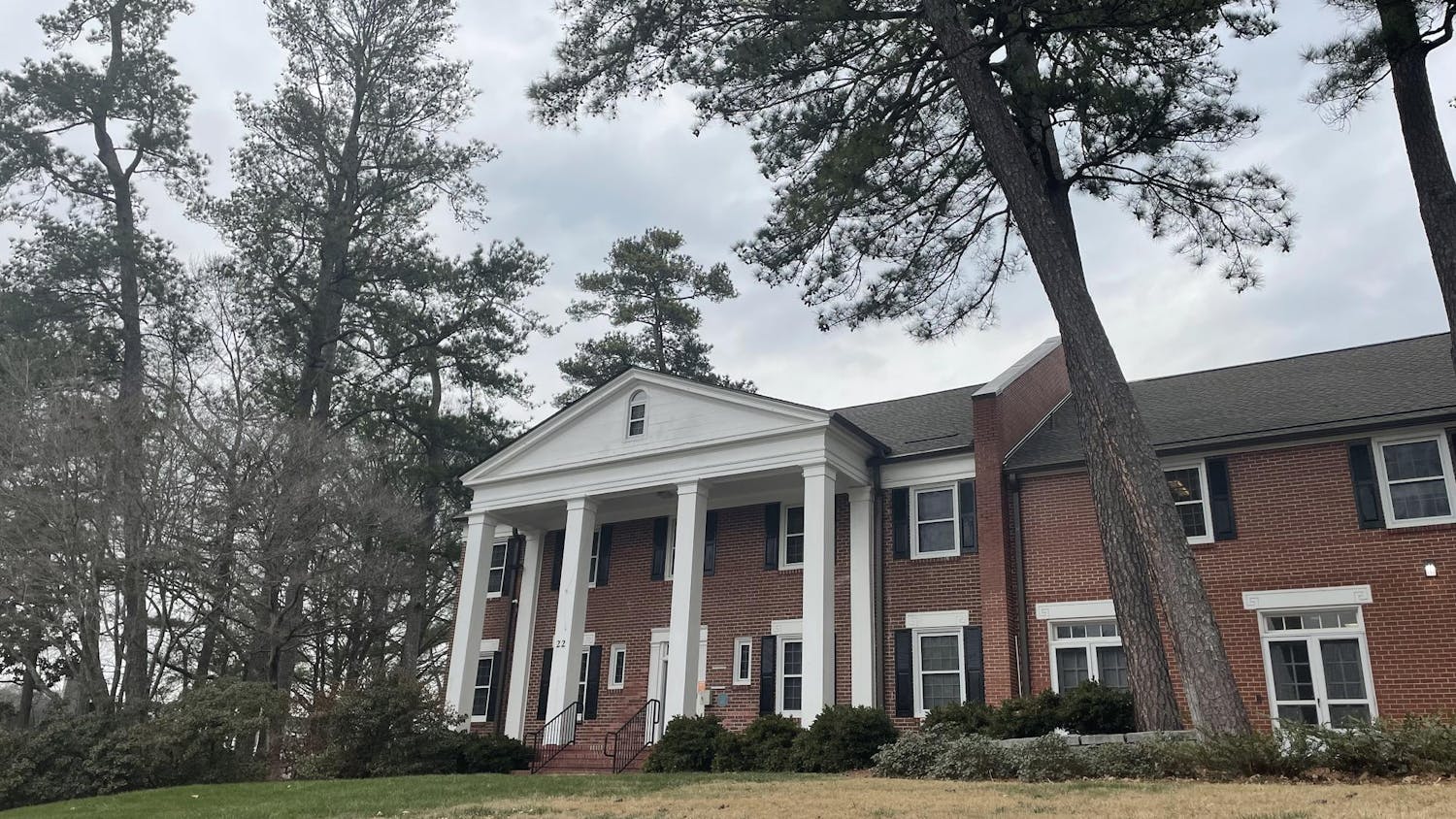Syracuse University’s (N.Y.) suspension of 30 students who organized a sit-in earlier this week to protest campus bigotry blatantly obstructed students’ right to free expression. This injustice raises significant questions surrounding the implementation of Emory’s own free speech-related policies. While Syracuse’s administration has since lifted those suspensions, that such harsh punishments were levied in the first place should serve as a wake-up call for all institutions of higher education.
Syracuse had an equal obligation to protect both students’ right to free expression and their safety. No college should abet the trauma of violent demonstration, as occurred during the 2017 “Unite the Right” rally at the University of Virginia or the 2017 riot at at the Georgia Institute of Technology. Given that, only threats of immediate bodily harm should permit universities to assert their authority over protesters. Since the Syracuse sit-in was entirely peaceful, the university’s administration had no grounds on which to interfere.
In punishing the protesters while failing to adequately investigate the incidences of racism, anti-Semitism and homophobia which sparked their demonstration, the university acted unevenly and with considerable bias. Unless the university can prevent further incidents of bigotry, such events will continue. Furthermore, penalizing a peaceful demonstration both constrains political activity and impairs the university’s ability to respond to genuinely violent demonstrations.
Faced with comparable incidents, Emory has failed as well. In 2014, the Alpha Epsilon Pi fraternity house was vandalized with anti-Semitic symbols shortly after the end of the Hebrew holiday of Yom Kippur. While the administration took steps to punish those involved, it did not adequately heal the community as further bias incidents occurred in the following weeks. Similarly, last year, Emory Students for Justice in Palestine’s “die-in” and associated protests rocked our community.
After the protests, we criticized the Emory community for failing to engage in “civil discussion”; we believe that the underlying causes of that failure still exist, the most notable being a lack of leadership from above. University President Claire E. Sterk’s response to the event did little to ease tensions. While her email to the student body at the time mentioned resources for Jewish students experiencing discomfort about the protests, it said nothing about resources for ESJP protesters who received death threats. ESJP’s protest was legitimate under the University’s Open Expression Policy. The protesters should have received the same respect and support from the administration as those with whom they took issue.
The Office of the President can either help or hurt our community, which makes the search for a new president pivotal to our community. Emory needs a seasoned leader, in tune with the culture and clashes on campus, who can guide us through the conflicts that seem to define the Emory student experience.
The events at Syracuse should push Emory administrators to rethink their application and interpretation of the Open Expression Policy on student protesters. The Syracuse administration did not use the correct tools to deal with the extreme racial bias incidents and rebuked students who were justly highlighting the administration’s poor response. Emory’s analogous past mimics a larger trend on college campuses across the nation that must be addressed. If our administration truly values students’ right to express themselves freely, it must protect future student protesters by equitably and impartially applying policies that regulate free speech.
The above editorial represents the majority opinion of the Wheel’s Editorial Board.
The Editorial Board is composed of Sean Anderson, Brammhi Balarajan, Zach Ball, Devin Bog, Jake Busch, Meredith McKelvey, Andrew Kliewer, Boris Niyonzima and Nick Pernas.









